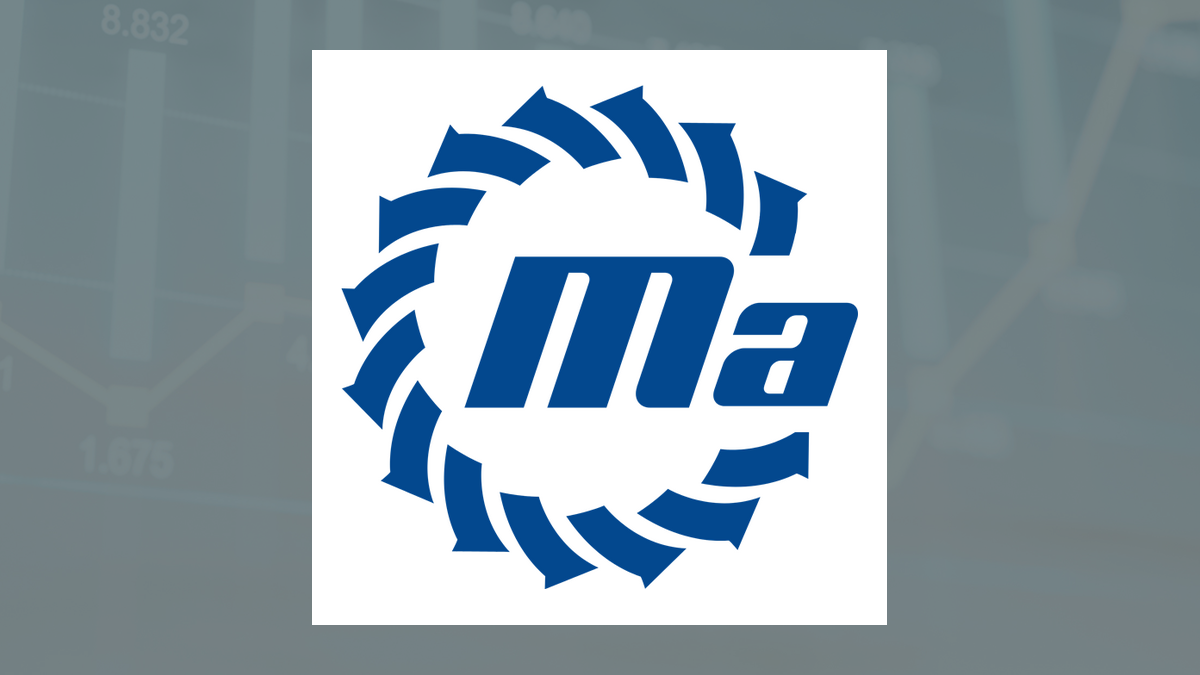The convergence of technology and finance has created a vibrant ecosystem where fintech companies are capitalising...
Read More Authored By Durgesh Jaiswal & Niharika Gupta: For years, conventional banks and NBFCs have maintained stringent lending requirements, as they primarily rely on a borrower’s credit history and financial standing, leaving many new-to-credit customers, especially from rural areas, struggling to meet eligibility criteria. With limited or no banking history, individuals from remote parts of India face an uphill struggle when seeking loans for personal or business purposes. The fintech revolution is transforming India’s financial landscape.

The convergence of technology and finance has created a vibrant ecosystem where fintech companies are capitalising on opportunities in previously untapped markets. With increased smartphone usage, internet penetration, and a data-rich environment, India is ripe for fintech innovation. From digital payments to alternative lending solutions, fintechs are driving financial inclusion and providing customised financial products to underserved populations.
However, the advent of fintech has opened new opportunities. By leveraging alternative credit scoring tools, non-traditional data, and minimal documentation, digital lenders have significantly expanded access to credit. Fintech companies are tapping into underserved populations, with over 338 lending start-ups in India as of 2024, as reported by the Fintech Council of India.
These start-ups are transforming the credit landscape by addressing the unmet credit needs of rural as well as urban populations through innovative, data-driven lending practices. Non-Traditional Risk Management and Credit Scoring One of fintech’s most significant contributions to credit risk management is the ability to utilise non-traditional data. These companies leverage data analytics to assess financial histories, transaction patterns, and even social media presence, providing a more holistic credit risk assessment.
This approach allows for a more inclusive evaluation, especially for borrowers lacking formal credit histories. With tools like alternative data from fintech apps and account aggregator networks, digital lenders can build robust credit profiles by analysing diverse datasets. These solutions offer a comprehensive understanding of a borrower’s ability to repay, reducing reliance on traditional credit scoring systems.
Cloud Computing: Scaling Credit Risk Infrastructure Cloud computing plays a crucial role in fintech’s ability to manage vast amounts of data efficiently. Cloud-based analytics platforms allow financial institutions to process and assess lending risks in real-time. ICRA Analytics’s credit risk management tool, IRS Lite, is a prime example of how fintechs can streamline credit assessment processes.
By enabling organisations to access risk models across various borrowing segments, these solutions offer scalability, security, and flexibility—key elements for managing risk in a digital lending environment. Fraud Detection and Security: Staying Ahead of the Curve As fintechs expand their reach, the need for robust fraud detection mechanisms becomes paramount. Financial transactions must be continuously monitored to detect anomalies and prevent fraudulent activities.
Early warning systems and AI-powered solutions, like CRisMac EWS, offer fintechs the tools to identify potential fraud and mitigate risks effectively. By automating fraud detection and reducing false positives, these systems help fintechs maintain the integrity of their lending operations while enhancing customer trust. Challenges on the Horizon Despite the tremendous opportunities, fintech companies face several challenges as they navigate the evolving financial landscape.
Data security remains a critical concern, as fintechs handle sensitive customer information without the physical security measures found in traditional banking. Regulatory compliance is another challenge, with fintechs needing to adhere to strict legal frameworks while remaining agile in a competitive market. Additionally, fintechs must continue refining their credit risk management strategies to minimise defaults while expanding their lending portfolios.
Integrating AI and machine learning with big data presents technical challenges, requiring fintechs to invest in sophisticated systems and ongoing maintenance. A Roadmap for the Future Fintechs have been evolving alternative lending models with a view to offer tailored products catering to specific geographies, customer segments, and industries. With faster underwriting processes and reduced loan processing times, fintechs are reshaping lending dynamics for small businesses and start-ups.
To thrive in this dynamic environment, fintech companies must continue to adopt a multi-faceted approach to credit risk management. Developing data-driven credit policies that consider both traditional and non-traditional parameters will be key to making informed lending decisions. (Durgesh Jaiswal is vice-president for risk management services at ICRA Analytics and Niharika Gupta is manager-risk management services at ICRA Analytics).
Business

From Alternative Data to AI-Driven Lending, How Fintechs Are Redefining Credit Risk Management

The convergence of technology and finance has created a vibrant ecosystem where fintech companies are capitalising on opportunities in previously untapped markets.














